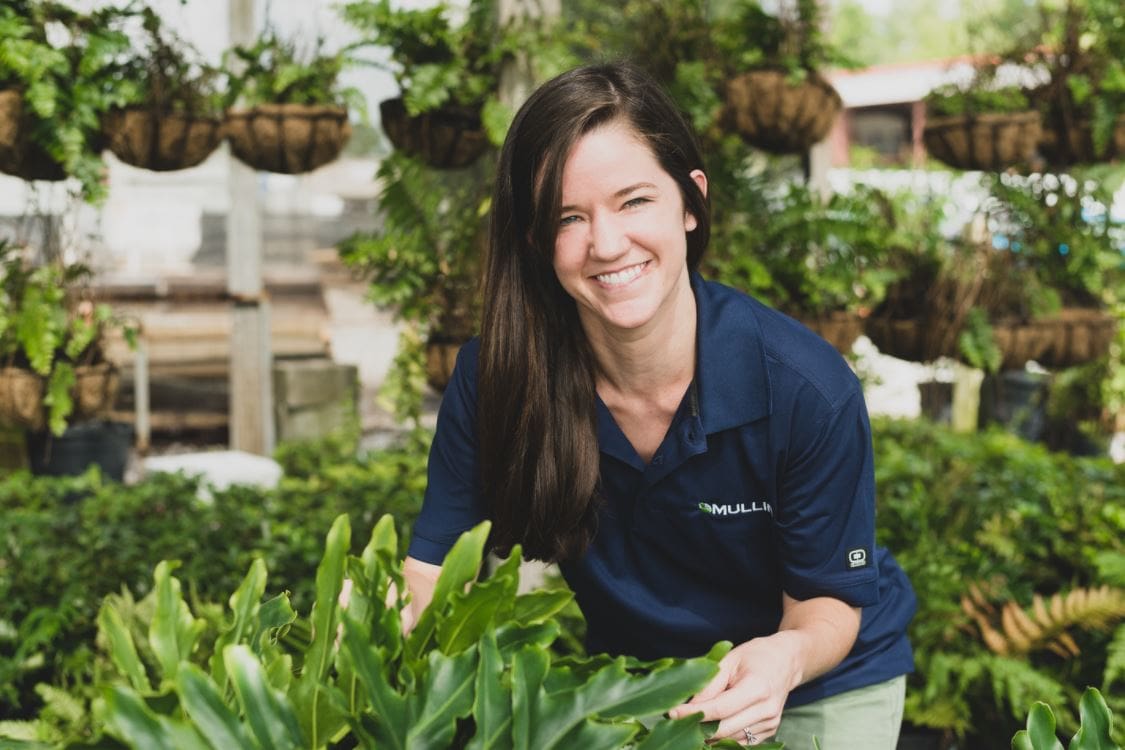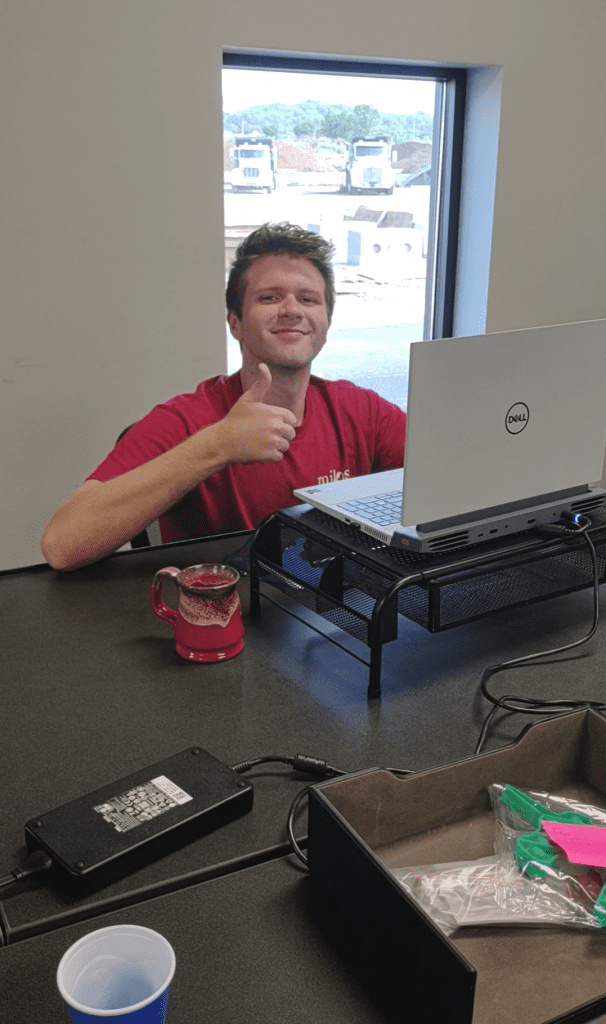
Starting an internship program can be an intimidating project. You know you want to invest in the future and show students the many career paths of the lawn and landscape industry, but where to start?
Thankfully many companies have already blazed this trail, so you don’t have to start entirely from scratch. No two internship programs will look exactly the same so remember it’s okay to change certain aspects to suit your business better.
How Do You Make the Program Successful?
When Mullin based in St. Rose, Louisiana, first created their internship program, they used NALP’s Student Internships for the Landscape Industry as a guide for making their own.
“It’s a good starting point for everyone that wants to look into it,” says Nubia Gutierrez, human resources manager for Mullin.

Now they are in the process of revamping their program as they’ve learned what works for them and what doesn’t.
“You need to have a good solid team together, and everyone needs to be on the same page of how they want the program set up from top all the way to the bottom,” Gutierrez says. “It’s important to have that one person that ultimately does take responsibility for it.”
Bill Petry, a sales consultant for Milosi, based in Hendersonville, Tennessee, says you must have the correct team members in place who are passionate about teaching and are willing to invest their time as well as completing their daily tasks.
“You have to have a clear plan that meets both the needs of the intern and the needs of the company otherwise it will not last and will fade,” Petry says.
Seth Pflum, COO of Grunder Landscaping Company, based in Miamisburg, Ohio, says one of the keys to a successful internship is having a structured program.
“Have a structure in place and stick to the structure,” Pflum says. “If it’s going to change, make sure you’re communicating to the intern why it’s going to change.”
Grunder debriefs their interns at the end of the internship to find out what they liked and didn’t like. Pflum says he like hearing what the interns have learned over the 12 weeks and they’ve taken away a lot as a company.
Pflum says having an internship program has helped them improve their processes as they’ve had to take a step back and look at why they’re doing things a certain way so they can teach and explain it to the intern.
Darby Gilbert, marketing and recruiting manager for Landscape Workshop, based in Vestavia Hills, Alabama, says a successful internship is dependent on the willingness of the intern to learn and grow, and the mentor that is assigned to help them gain knowledge and experience.
How Do You Select a Mentor?

The success or failure of the internship can ride on who you select to be a mentor. This is usually the primary point of contact for the intern and will be answering the intern’s questions and concerns.
“We interview students and learn about them,” Petry says. “We like to learn about their aspirations, skillsets and get a feel for how they would fit in to our culture. Most of our interns have been interested in design and sales so they have been paired up with our design department manager.”
Landscape Workshop’s general managers at each of their locations select the mentors, based on leadership abilities, their knowledge of the industry, and their ability to connect with and teach others.
Mullin considers each of their department heads as their mentors, but Gutierrez says everyone on staff is willing to teach and mentor their interns. Grunder doesn’t have specific mentors but Pflum says it’s important that the person an intern is shadowing understands the plan and mentors them.
Potential mentors should be patient, consistent and prepared to answer basic questions. They should demonstrate good coaching skills and want to promote the industry to others.
Advice from Others
Gutierrez and Pflum say there are no drawbacks to offering an internship program, but Petry notes it does take time. Gilbert agrees that the main sacrifice is time, both on the intern’s part and the mentor.
“Unless you have a dedicated department, you will have to rely on your team members to make sure your program is successful,” Petry says. “If you don’t have team members that are passionate about the purpose of the internship program it will feel like a drag on their time.”
You will have to build relationships, conduct interviews, make recruiting appearances, respond quickly to potential candidates, which takes time.
“The key is to be intentional and start with the end in mind,” Petry says. “A sustainable internship program is centered around a win/win and takes time to build and cultivate.”
Petry encourages other landscape companies to start their own internship program as building a solid program will not only benefit your company but help shape future individual careers.
Gutierrez suggests starting off small and tackling it piece by piece. She also advises contacting other companies in the industry that have internship programs.
“Don’t rush,” Gilbert says. “Take your time to really plan out and structure an internship program that will be beneficial for both you as the employer and to the participants in your program. Make sure you have a purpose and goals.”
Pflum says you need to prioritize the program and make sure everyone is on the same page internally. He also says you should be flexible so the intern is able to get a well-rounded experience in the industry.
“That’s ultimately what we’re trying to do is build the industry,” Pflum says. “Whether they come work for us or somewhere else, we hope we’ve taught them some useful skills and knowledge.”

